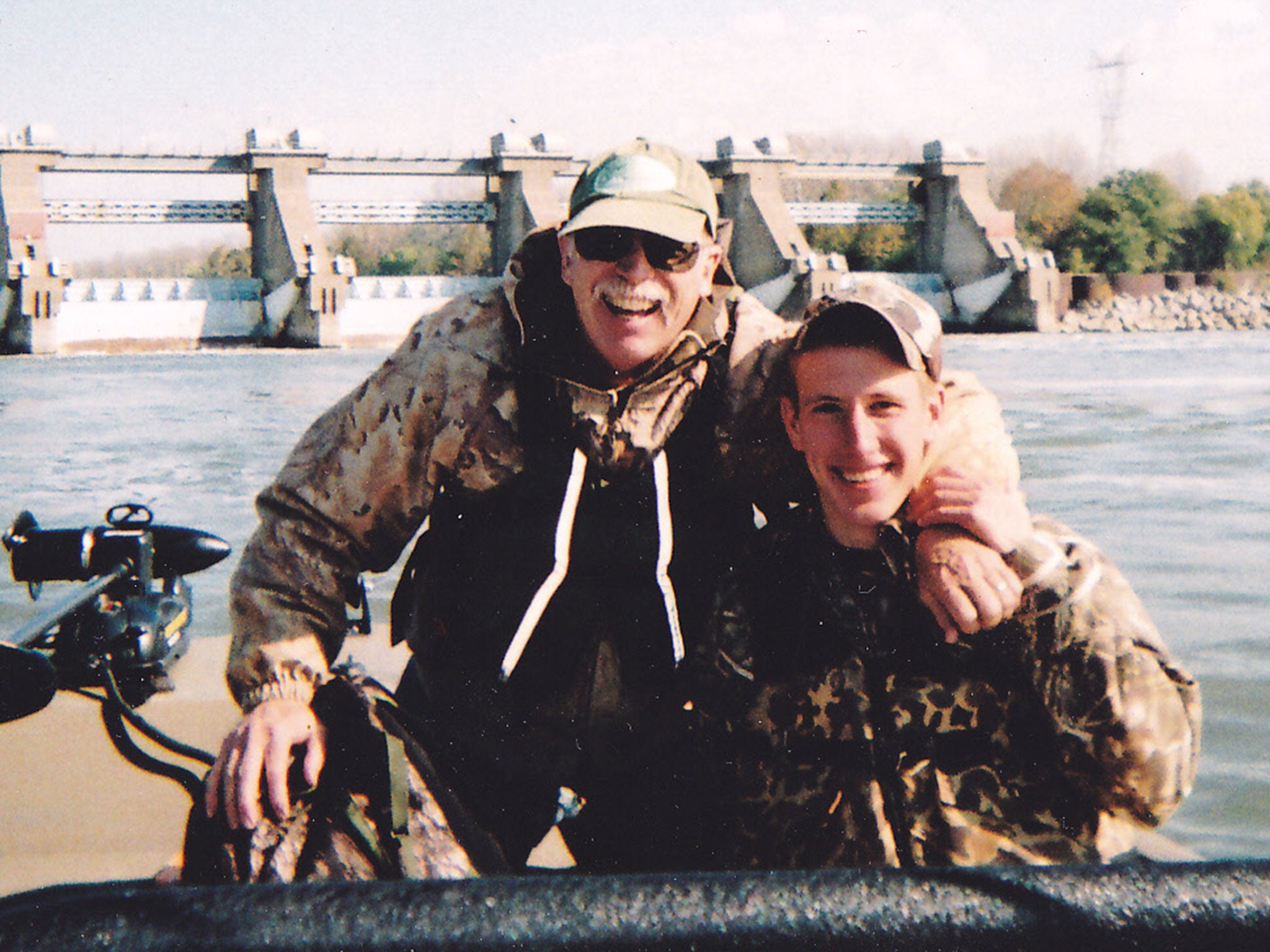Peter Kassig death: ‘He just wanted to help people’ – a devoted humanitarian who embraced values of Islam
Mr Kassig started running more aid missions into Syria, even though most Westerners – concerned at the growing risks – had stopped entering

Your support helps us to tell the story
From reproductive rights to climate change to Big Tech, The Independent is on the ground when the story is developing. Whether it's investigating the financials of Elon Musk's pro-Trump PAC or producing our latest documentary, 'The A Word', which shines a light on the American women fighting for reproductive rights, we know how important it is to parse out the facts from the messaging.
At such a critical moment in US history, we need reporters on the ground. Your donation allows us to keep sending journalists to speak to both sides of the story.
The Independent is trusted by Americans across the entire political spectrum. And unlike many other quality news outlets, we choose not to lock Americans out of our reporting and analysis with paywalls. We believe quality journalism should be available to everyone, paid for by those who can afford it.
Your support makes all the difference.Peter Kassig, a Muslim convert who adopted the name Abdul-Rahman, was honourably discharged from the military after 15 months’ service, including the three-month stint in Iraq Isis referred to in today’s video. But he then retrained as a medical emergency technician, studied political science and found his calling helping the people of Lebanon, and later Syria.
Friends and family paint a picture of a devoted humanitarian, who had embraced the values of Islam long before his conversion. After a study trip to Lebanon in 2012, he started volunteering at a hospital in the northern city of Tripoli. “He always wanted to do more,” said Ahmed Obeid, a doctor at the hospital. “He didn’t talk about politics, or religion. He just wanted to help people”.
Firas Agha lived with him for six months. They played football, drank coffee, went to the gym. “He was just a normal guy,” says Mr Agha. “He used to do lines from the movies to entertain us,” he recalled yesterday.
Mr Kassig also played a personal role in Mr Agha’s life. When his brother Burhan received asylum in Switzerland, Mr Kassig paid for the airfare of his former translator and friend.
Yet as he worked in Tripoli, the conflict in Syria was growing. Aid organisations were having trouble getting in, hampered by restrictive security procedures, he told me in 2013. He intended to set up a nimble organisation which would train Syrians to be medical responders, as well as deliver supplies.
And so he left for Turkey, inspiring another idealist in his twenties to give up his job as the editor of a business magazine and join him in developing his Special Emergency Response Assistance, founded in 2012. Mr Kassig started running more missions into Syria, even though most Westerners – concerned at the growing risks – had stopped entering. When confronted with the danger he was putting his life in, he said he didn’t feel his life was more important than Syrians’ lives. He was taken during a mission delivering medical aid to Deir ez-Zor on 1 October 2013 when he was kidnapped.
“We didn’t want him to enter Syria, but he insisted and said that was what he was here for,” says Mr Agha.
The two never talked about Mr Kassig’s military record, and for most of his Syrian friends the 15 months Peter spent as a Ranger in Iraq were of little importance. Mr Kassig himself saw no reason to return to a military career, despite occasionally being asked to do so by fighters. “I can either be in a position to deliver tens of thousands of dollars of antibiotics for women and children, or I can be another young man with a gun,” he said during an interview with Syria Deeply news website in February 2013.
In the video released by his killers, his executioner focused on Mr Kassig’s military record, rather than his conversion and record as an aid worker. Indeed, several influential jihadists objected to his capture. Abu Omar Aqidi, a senior figure within al-Qaeda affiliated Jabhat al- Nusra spoke out in support of Mr Kassig on Twitter, saying he had removed shrapnel from his leg during a regime bombardment.
Although Mr Kassig was seen in the beheading of British aid worker Alan Henning on 3 October, the weeks dragged on. Perhaps the jihadists had second thoughts, friends hoped, as they called a press conference in Tripoli last week to plead for his release. The final appeal appears to have been in vain.